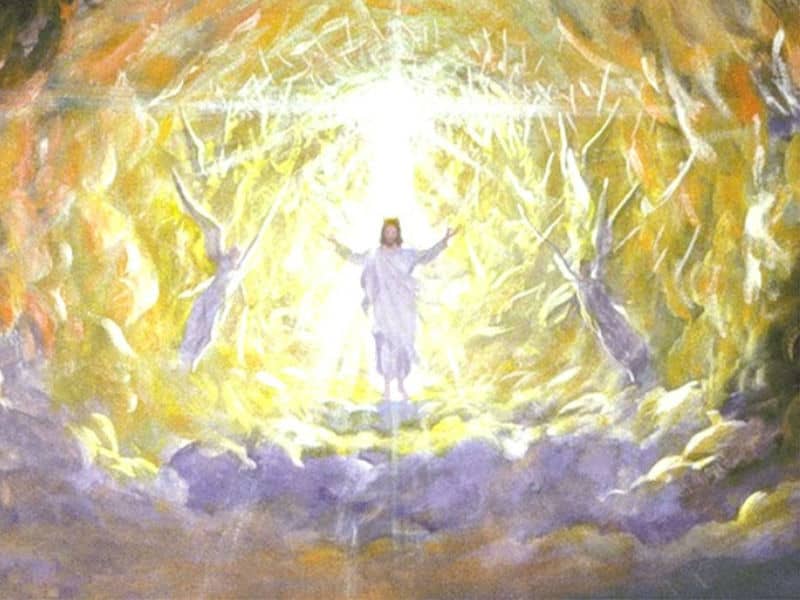Also, is January 1 even the start of a new year for them?
They're newcomers to America, so give them a chance to see how we ring out the old, ring in the new!
Our customs are raucous, noisy and unsettling. There's no getting around that. But it might be better for your Iranian friends to see firsthand what's going on rather than observe it at a distance on TV. That way, they can ask questions about why tens of thousands gather in Times Square to cheer as a giant ball descends and enjoy alcoholic libations and hug and kiss. Now, why would anyone think that's pagan?
And no, January 1 does not begin a new year for Muslims. Nor is it "officially" New Year's for many other people around the globe. But the worldwide prevalence of the Gregorian calendar--the calendar used in the West--has pretty much made that a moot point by now.
For instance, the Jewish New Year, Rosh Hashanah, is celebrated in the fall. It usually occurs between mid-September and mid-October, depending on when it falls in the Jewish calendar, which is a predominantly lunar calendar but is also adjusted for solar events.
The Muslim New Year falls on the first day of the month of Muharram and marks the flight of Muhammad from Mecca to Medina. This is known as the hegira, and usually falls between April and July.
The traditional Hindu calendar celebrates New Year's Day, or Deepavali, in the late fall. Religious Buddhists celebrate their New Year on May 8, which is also Buddha's birthday. And Baha'is celebrate their New Year--New-Ruz--on March 21.
In Japan, a secular New Year's Day coincides with the Western calendar's New Year. People start preparing for the holiday on December 29 by preparing special dishes, which are preserved so housewives don't have to work on Shoats, which occurs from January 1 to 3. On January 1, Japanese go to shrines and pray for happiness. On the other two days of the New Year's celebration, children receive money from their parents, families visit relatives, and everyone plays special New Year's games, such as kite flying or card games based on 100 famous poems.
And let's not forget that before 1582, the Papal States and other Italian city-states celebrated New Year's on December 25, which, of course, is also Christmas.
As this list shows, the beginning of a year varies from country to country and religion to religion. So invite your Iranian friends and let them try to make as much sense from our New Year's as they can. Maybe it'll make more sense to them than it does to a lot of the rest of us.

